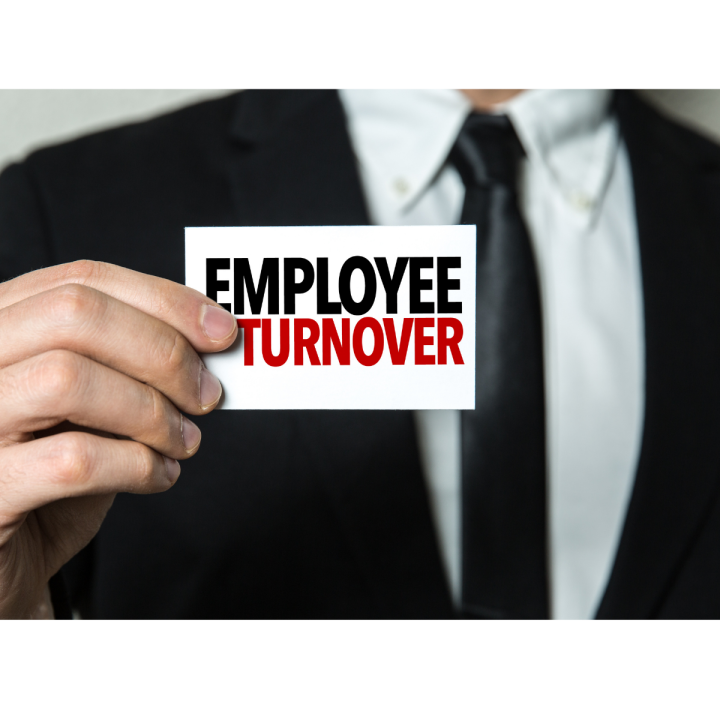
Helping Countless Organizations Thrive Through Stellar Recruitment and Placement Services
For an enterprise to thrive, merely having great products or services is not enough. Given this, intuitive entrepreneurs also focus on finding and hiring the
ARTICLES

References
You have just found an incredible candidate to join your team. You might even call them a ROCKSTAR! However, before you extend an offer, due diligence requires that you check their professional references.
There are two primary reasons for doing this:
1. You want to make sure the candidate has the skills, experience and ability to do the job. References will help you substantiate the facts and confirm your impressions from the interview process.
2. You also need to protect your customers, yourself, employees, and company from negligent hiring.
Who should do the reference checks?
We often get asked who should do the reference checks. I always recommend that it be the direct hiring manager. This is one task that should not be delegated. Hiring great people can be the most critical role of a hiring manager, so why give this responsibility to someone else?
No matter how well you prepare someone else (recruiter, internal HR partner, service provider), you are the only person in the position to drill down on answers that are vague or off the mark. In addition, as the hiring manager, you understand the intricacies of the job, so you can think of additional questions that wouldn’t occur in others.
It’s in your best interest and the best interest of your company to verify the facts directly.
What questions should you ask?
Who is the ideal reference?
I recommend you ask the candidate for a specific list of who you want to speak with. This list will depend on the role you are filling and who you might know from their past work history. For example, direct/indirect managers in their past organizations, and in some cases, direct reports and major clients should be considered.
It is unlikely to speak with the candidate’s current manager, but direct managers from previous jobs will give you the best information on how life will be with the candidate. In addition, an industry peer is more likely to be truthful if you call them directly than if an outside agency or HR personnel does it for you.
The importance of a process
Have a consistent process that is easy to follow by all hiring managers.
The process starts with well-defined questions that may include qualifying, basic subjective and cross-referenced questions. The references should be pre-scheduled either on the phone or on a video call. You must respect the reference’s time.
Start the call building report with a friendly and short introduction. A little flattery goes a long way toward getting a reference to speak freely.
Describe the role and your interest in the candidate.
Explain the process and indicate that the reason for the questions is to learn more about the candidate and obtain insight into how the candidate would be most effective.
You will get better responses if you start with simple close-ended questions before moving to more open-ended probing questions.
Example:
Business leaders know that in this fast-changing competitive market that hiring great talent will be the significant difference between companies that succeed and those that don’t.
If you want help recruiting a ROCKSTAR to join your organization, set up a call with me to discuss how we help organizations build high-performing teams.
Linda Robertson – CEO & Founder

For an enterprise to thrive, merely having great products or services is not enough. Given this, intuitive entrepreneurs also focus on finding and hiring the

Are you frustrated by turnover, a lack of qualified talent, low performance and missed sales targets? Here are some tips on “How To Hire Top

The shortage of candidates we have seen in the past two years will continue and plague companies with unfilled roles. We are all too familiar

There are many ways that one can positively impact the lives of others. While delving into the medical industry is the most forward path to

Robertson Human Asset Is A Life Sciences Executive Recruitment Firm Specializing In Finding Sales & Leadership Talent For Companies In Medical Device Manufacturing, Dental And Digital Health.

Robertson Human Asset Is A Life Sciences Executive Recruitment Firm Specializing In Finding Sales & Leadership Talent For Companies In Medical Device Manufacturing, Dental And Digital Health.

Robertson Human Asset Is A Life Sciences Executive Recruitment Firm Specializing In Finding Sales & Leadership Talent For Companies In Medical Device Manufacturing, Dental And Digital Health.
